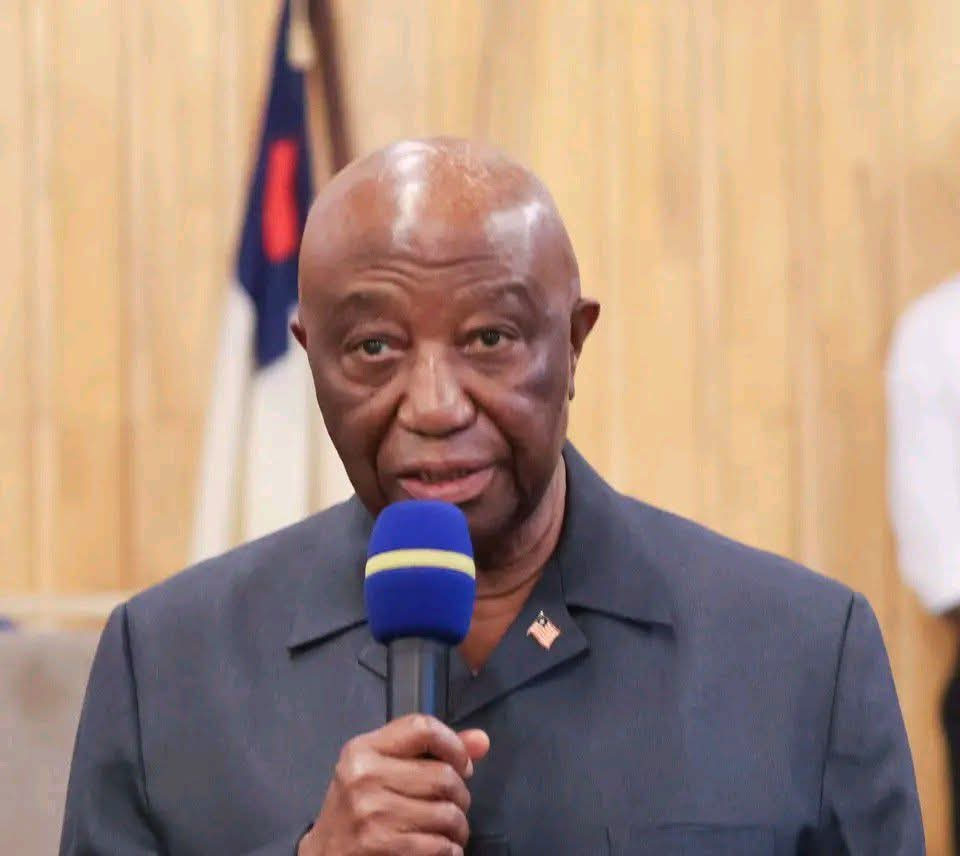President Joseph Nyuma Boakai has issued Executive Order No. 151, introducing major policy changes to restrict the exportation of unprocessed rubber from Liberia. The new directive is aimed at revitalizing the country’s rubber industry by promoting domestic processing and value addition, while laying a foundation for sustainable economic growth and industrialization.
In a formal release, President Boakai stated that Liberia has for too long relied on exporting raw rubber, missing out on critical opportunities for local manufacturing, employment creation, and increased national revenue. He emphasized that the Executive Order marks a significant shift in Liberia’s economic direction, moving the nation away from an extractive export economy toward a more self-reliant and productive industrial sector.
The order places immediate restrictions on the export of unprocessed rubber in various forms, including natural latex, cup lump, bark scrap, and ground scrap. Only processed rubber, such as Technically Specified Rubber (TSR), will be allowed for export under the new rules.
The Executive Order also introduces a series of fiscal obligations for exporters. These include a 4% presumptive tax, fees payable to the Rubber Development Fund Incorporated (RDFI), and a surcharge of USD $150 per metric ton. Exporters must also comply with new protocols, presenting valid tax and fee receipts along with tax clearance certificates before receiving export approval from the Ministry of Agriculture. The Ministry of Commerce and Industry will then issue an Export Permit Declaration (EPD) to authorize the export.
Additionally, exporters are required to remit Advance Income Taxes immediately after export, with small-scale exporters paying 4% and medium to large-scale exporters paying 2%. The Executive Order further imposes strict penalties on those who fail to comply with the regulations. Any entity found falsifying documents or attempting to evade these measures will face a fine of USD $50,000 for the first offense. Repeat offenders may be subject to additional penalties and risk having their export privileges revoked.
President Boakai noted that the Ministry of Agriculture will lead the enforcement of this order, in close collaboration with the Ministry of Finance and Development Planning, the Ministry of Commerce and Industry, the Liberia Revenue Authority, and the RDFI.
The Liberian leader concluded by reiterating that the decision is part of a broader strategy to enhance Liberia’s export competitiveness, strengthen domestic industries, and ensure that natural resource wealth translates into improved livelihoods for Liberians.


